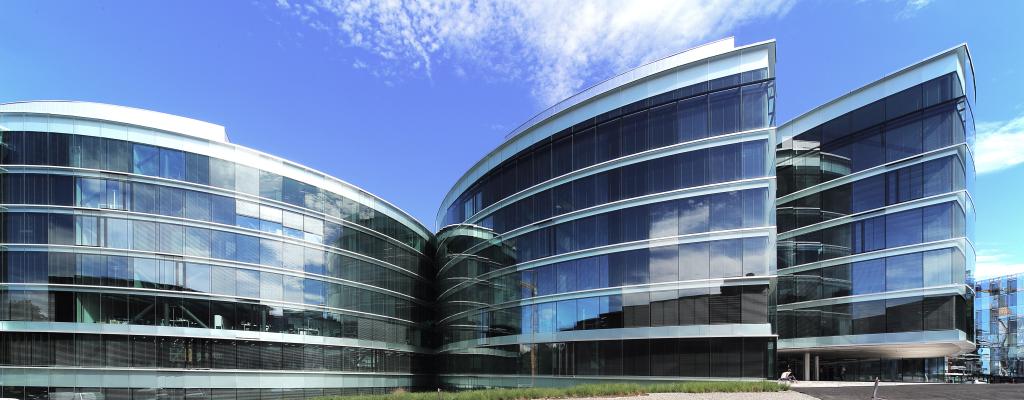HOw to join this event
Please Note: To join this event, please contact gisa.ctrg@graduateinstitute.ch for the Zoom link
Overview
The Graduate Institute finds itself at a crossroads, what is more in a peculiar historical moment. Indeed, Philippe Burrin’s sixteen-year directorship, which brought some of the Institute’s most important recent mutations, came to an end, giving way to Marie Laure Salles’ new administration. This change of directorship has come in the midst of a global pandemic that has dramatically increased the digitalization of higher education and the commodification of university-level courses.
There is, then, a sense that the Institute will not come unchanged from this conjunction of events. In this turbulent context, our ambition as students and alumni is plain and simple: we aim to weigh in on these transformations, have our voices heard and our positions taken into account.
In six years, IHEID will be centenary. As Quinn Slobodian has shown in his work on HEI, one of the Institute’s predecessors, six years can turn out to be decisive for an institution. From its creation in 1927 to the mid-1930s, HEI was able to quickly assert its pivotal role as one of the leading centers of what would come to be called “neoliberalism,” counting figures such as Ludwig von Mises, Wilhelm Röpke, Friedrich Hayek and William Rappard among its ranks. These are all actors, moreover, who would turn out to play a fundamental role in the establishment of the Mont-Pelerin Society, one of the leading neoliberal think tanks of the late 20th century.
The first even of this conference will thus discuss the concept of neoliberalism, whose popularity is only matched by its ambiguity. Is there any viable definition? Can anybody produce a satisfying definition of its contents and contours? What are the notion’s histories and trajectories? What can they tell us about the present? Where are “neoliberal” policies and practices to be found? What role did IHEID play in the emergence of neoliberalism and in furthering its practical application through law and everyday practices? What do we mean when we say that IHEID is “neoliberal”?
Starting by historicizing and problematizing part of the past and present practices of IHEID, we, as students, hope to better delineate the contours of the particular historical moment, and the particular place, we find ourselves in. Let’s nourish our much-needed reflections on our institution.
Programme
- 16:15 - 16:20 - Words of Welcome: Marie-Laure Salles (Director, The Graduate Institute)
- 16:20 - 16:50 - Keynote - Seeing the World Economy from Geneva: The 1930s and 2020s - Quinn Slobodian
- 16:50 - 17:00 - Q/A
- 17:00 - 17:15 - Du néolibéralisme à l'IHEID? Où ça? A Dive Into the Anthropology of
- "Actually Existing Neoliberalism" - Edouard Zeller
- 17:15 - 17:30 - The Social Reproduction of Elitism: Neoliberal Policies at IHEID Today - Alexa-Rae Barnes
- 17:30 - 17:45 - Race in Wilhelm Röpke's Imagination - Benjamin Gaillard-Garrido
- 17:45 - 18:00 - Daedalus of Global Governance: the Graduate Institute and the Production
- of International Civil Servants - Negar Mansouri
- 18:00 - 18:30 - General Discussion



